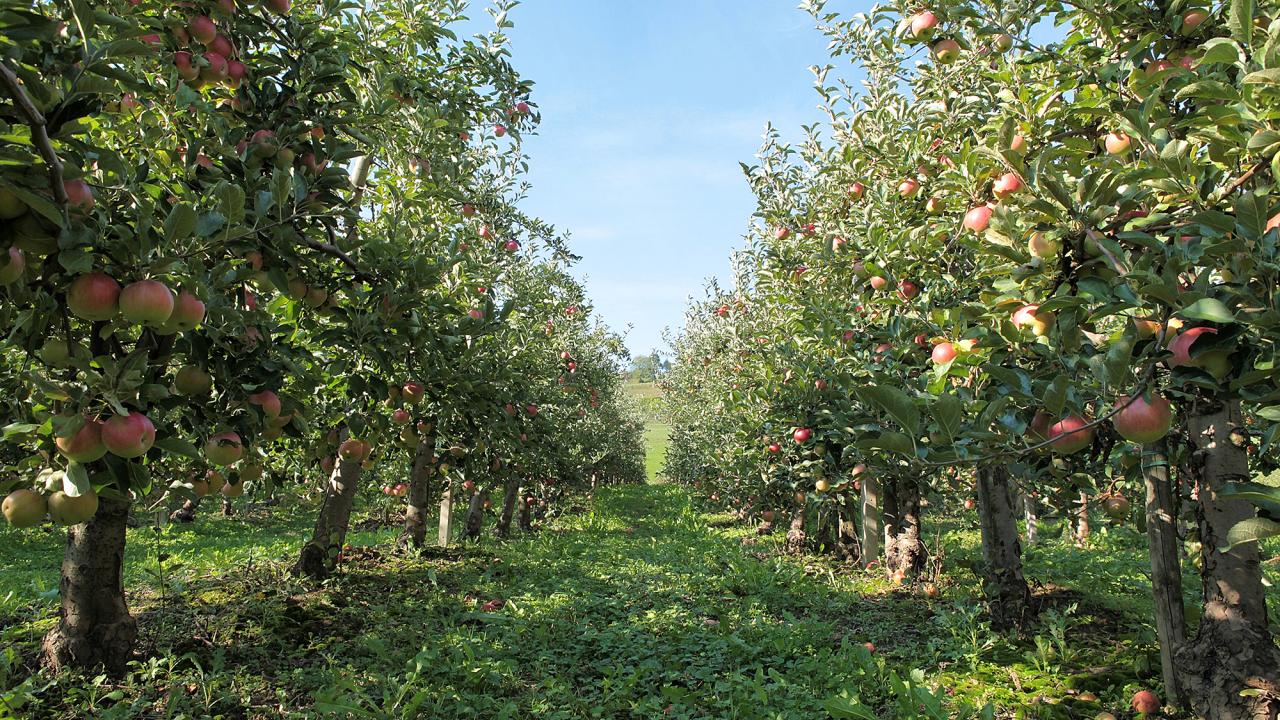Agriculture is one of the largest industries in California and a vital producer of crops and other farm-based goods that feed the United States and other nations around the globe. As one of the top ranked universities in the world for agriculture science, UC Davis, is at the forefront of cutting-edge research and education that helps this vital industry continue to innovate and advance in the face of evolving business and environmental challenges. Our programs leverage this tradition of quality to deliver advanced, practical training to farmers, professionals and entrepreneurs so they can continue to drive growth and economic prosperity in this vital industry.
Agriculture
Courses Open for Enrollment
Nuts and Tree Fruit Education Program


